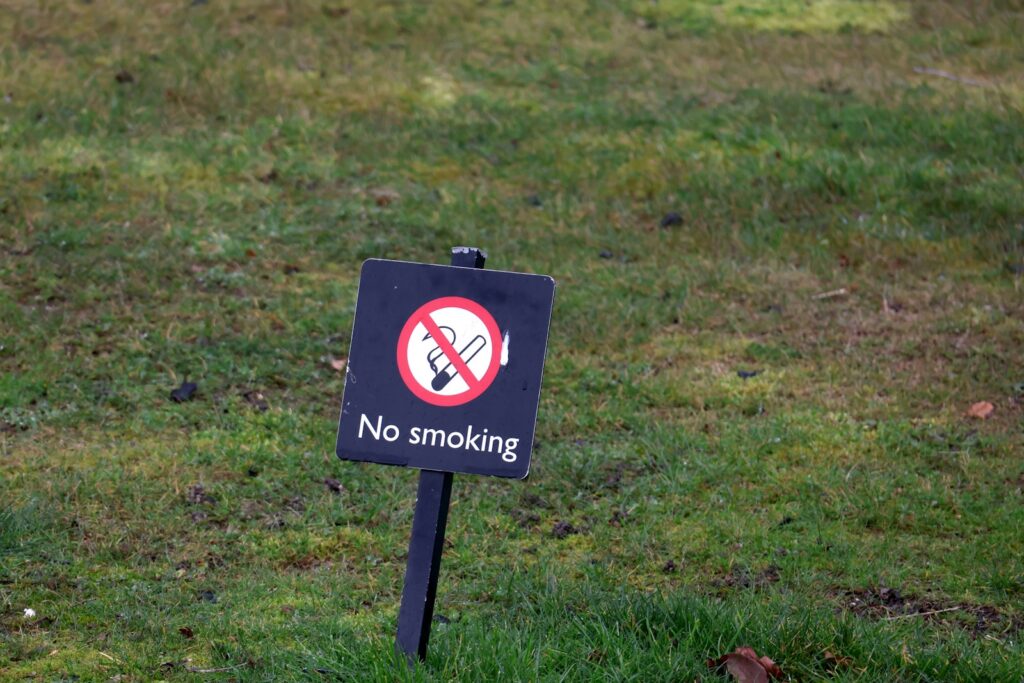OpenAQ have published a new report which exposes the lack of reliable air quality information being shared by governments around the world.
The report, titled: Open Air Quality Data: The Global Landscape, shows that only 27% of countries monitor their air quality effectively and share the data in a fully transparent manner.
A shocking 36% of countries do not monitor their air quality at all, while 9% do, but refuse to publish their data.
The remaining 28% are referred to as being ‘partially data-transparent’ insomuch as the data they share is limited: they might not release actual measurements or location coordinates, or in near-real time.
Areas in which recent information on monitoring activity has not been published can be seen by checking the ‘Show locations with no recent updates’ box on the OpenAQ dashboard: OpenAQ Explorer
The 36% of countries that don’t monitor their air quality – primarily low-income nations – are home to nearly one billion people. Inevitably, these are also the countries in which air pollution poses a serious health risk.
The report features a table of the 17 of the most populated countries where there appears to be no government-led programme for long-term ground-level ambient air quality monitoring. The total population of those countries is one billion and in 11 of them particulate matter pollution ranks as one of the top two risk factors for death and disability according to the Global Burden of Disease study.
On the plus side, the report gives credit to the 30 countries who have either started monitor air quality or have improved their air quality data transparency over the last two years.
These include: Cabo Verde, Hong Kong, Italy, Japan, Kenya, Kosovo, Kyrgyzstan, Netherlands, Peru, South Africa, and Uganda.
Dr. Colleen Rosales, OpenAQ’s Strategic Partnership Director said: ‘In order to deliver clean air for all, governments need to not only track air quality, but also offer an accessible, quality data set. Billions of people do not know what they are breathing and could benefit from greater data transparency.’
Chris Hagerbaumer, OpenAQ Executive Director. added: ‘OpenAQ is here to support governments in applying best practices for opening up their air quality data so that they do not have to solve the problem of air pollution in isolation. Open data spurs collaboration, inviting civil society, academic and private sector actors to lend their expertise to solving the air pollution crisis.’
The full report can be read here.


















Leave a Reply